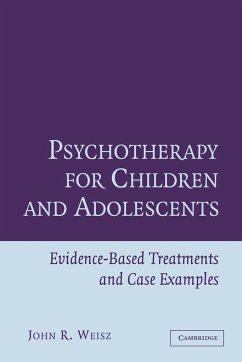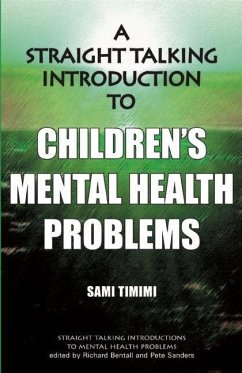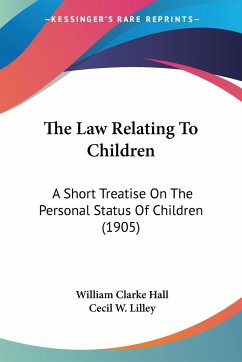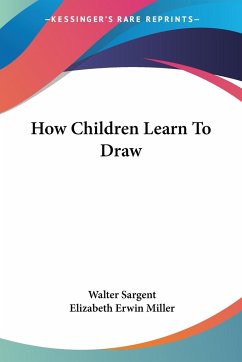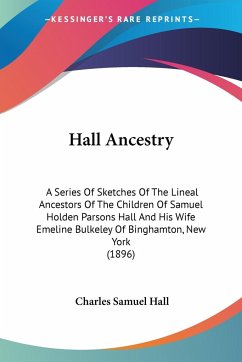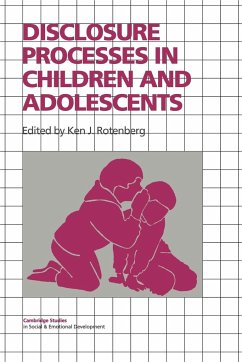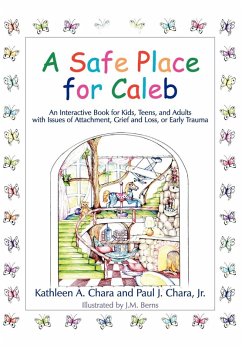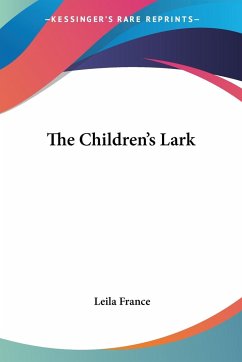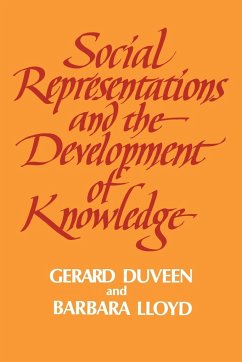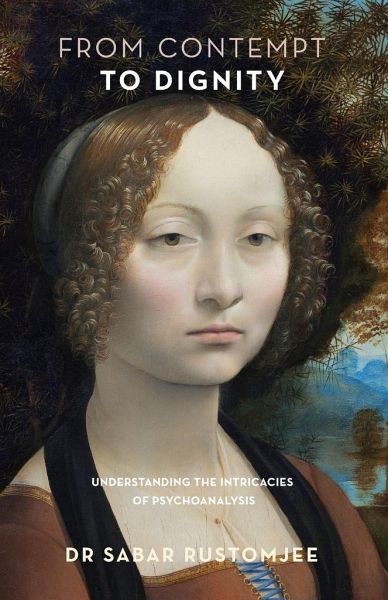
From Contempt to Dignity

PAYBACK Punkte
10 °P sammeln!
Our vulnerabilities in life and the courage to face contempt... All human beings are born free and equal in dignity and rights. Universal Declaration of Human Rights, 1948 Article 1. Following the above can lead towards the development of fundamental principles in all forms of exchanges between individuals, groups, professionals, families, as well as during educational and organisational work. It is the basis of courageously overcoming inhibitions, resistances and anxieties. This restores freedom of thought, speech and human dignity. Acknowledging similarities and differences of race, colour, ...
Our vulnerabilities in life and the courage to face contempt... All human beings are born free and equal in dignity and rights. Universal Declaration of Human Rights, 1948 Article 1. Following the above can lead towards the development of fundamental principles in all forms of exchanges between individuals, groups, professionals, families, as well as during educational and organisational work. It is the basis of courageously overcoming inhibitions, resistances and anxieties. This restores freedom of thought, speech and human dignity. Acknowledging similarities and differences of race, colour, caste, economy, intellectual and religious beliefs is an important component of everyday life. Every human being is vulnerable without exception. Nelson Mandela, one of the greatest political leaders of our time, describes in his book, 'Long Walk to Freedom' (1995), how at a very early age he played with a group of friends, trying to climb up and down 'an unruly donkey'. Suddenly the donkey bent his head and unseated him into a thornbush. The thorns pricked and scratched his face all over. "I had lost face among my friends. I learnt that to humiliate another person, is to make him suffer an unnecessarily cruel fate. Even as a boy, I defeated my opponents without dishonouring them." Loss of face in public is a manifestation of self-contempt. This book has provided examples of those who have been able to overcome obstacles in their lives by valuing truth, honour and compassion, leading to regaining self-dignity which may have been lost in the early years of their lives. Talented poets like John Keats, William Wordsworth and artists including Michelangelo, Edvard Munch, Leonardo da Vinci, as well as numerous literary geniuses of different persuasions. These artists are able to demonstrate contempt either through art, music and/or literature. They are also able to normalise an individual who is already traumatised by contempt. There are many examples given in this book which demonstrates contempt, which can either be seen by all or hidden secretly.





